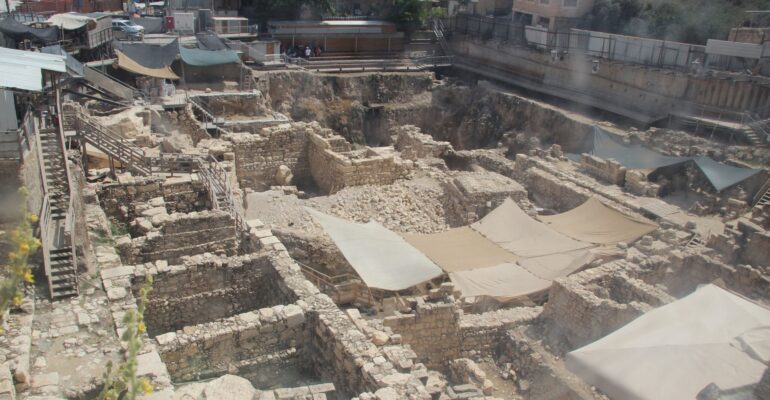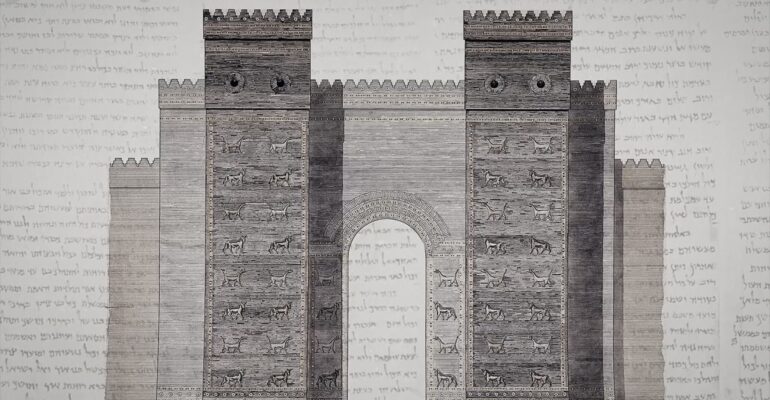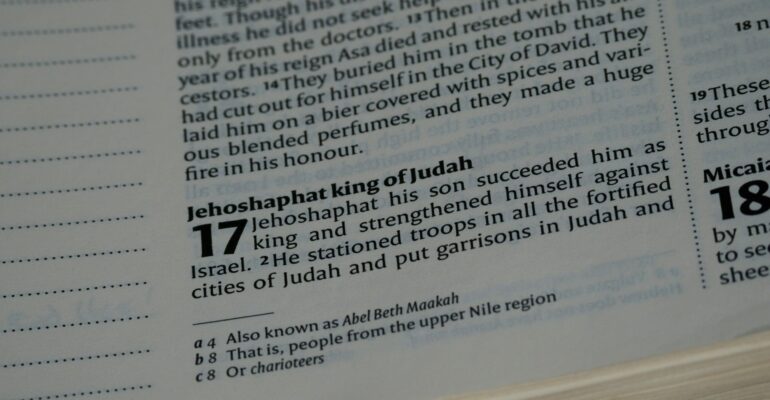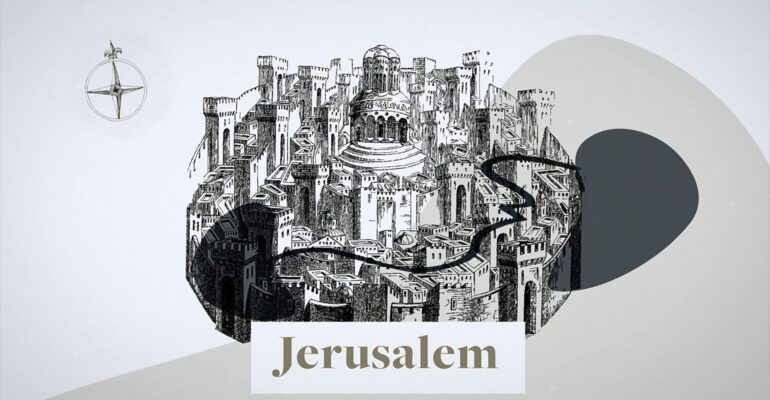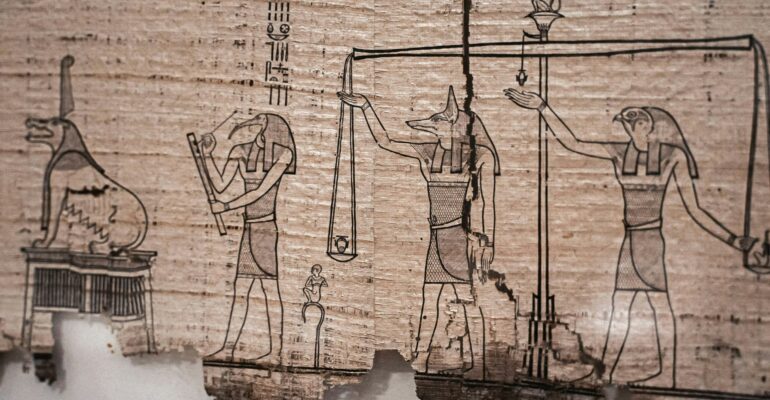Cart 0
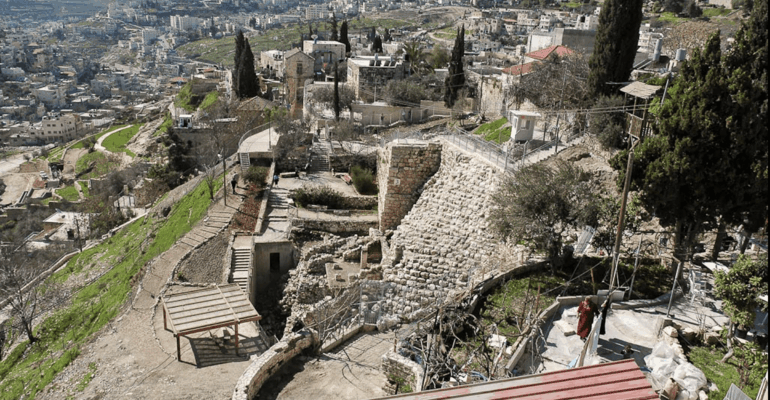
House of the Bullae, Part 1
House of the Bullae, Part 1
Fifty-one signet seal impressions found in Jerusalem confirm five men from the Bible.
House of the Bullae, Part 1
Fifty-one signet seal impressions found in Jerusalem confirm five men from the Bible.
Fifty-one signet seal impressions found in Jerusalem confirm five men from the Bible.
in Tags
Looking back to an older excavation that took place in 1982 in Jerusalem, professor Yigal Shiloh discovered a horde of 51 bullae, which are signet seal impressions in clay; seal impressions that once sealed documents. More often than not the documents themselves don’t survive but sometimes the impression of the



